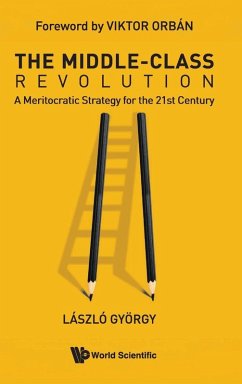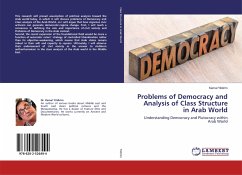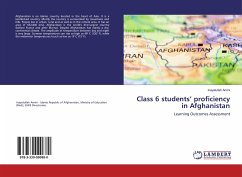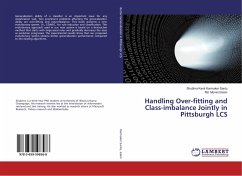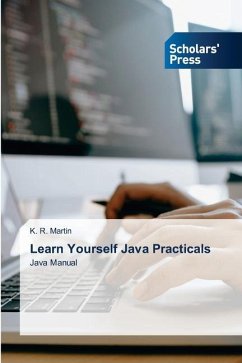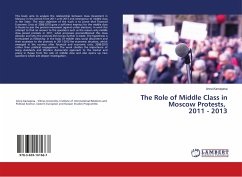
The Role of Middle Class in Moscow Protests, 2011 - 2013
Versandkostenfrei!
Versandfertig in 6-10 Tagen
27,99 €
inkl. MwSt.

PAYBACK Punkte
14 °P sammeln!
This book aims to analyze the relationship between mass movement in Moscow in the period from 2011 until 2013 and emergence of middle class in the State. The main objective of the work is to prove that Financial Economic Crisis of 2008-2010 gave a sufficient impetus for the middle class in Russia to join the protest movement against unfair elections. In work the attempt to find an answer to the questions such as the reason why middle class joined protests in 2011, what processes preconditioned this mass decision and why the protests did not go further is made. The hypothesis is formulated as f...
This book aims to analyze the relationship between mass movement in Moscow in the period from 2011 until 2013 and emergence of middle class in the State. The main objective of the work is to prove that Financial Economic Crisis of 2008-2010 gave a sufficient impetus for the middle class in Russia to join the protest movement against unfair elections. In work the attempt to find an answer to the questions such as the reason why middle class joined protests in 2011, what processes preconditioned this mass decision and why the protests did not go further is made. The hypothesis is formulated as following: in the basis of middle class social discontent and their accession to the protests in 2011-2013 lies economic situation, which emerged in the country after financial and economic crisis, 2008-2010 rather than political engagement. The work clarifies the importance of living standards and Western democratic approach to the market and policy in Russia from the side of middle class and also opens up new questions which aim deeper investigation.



